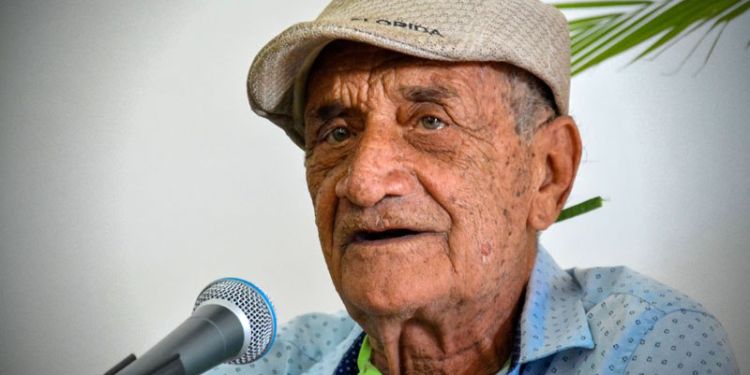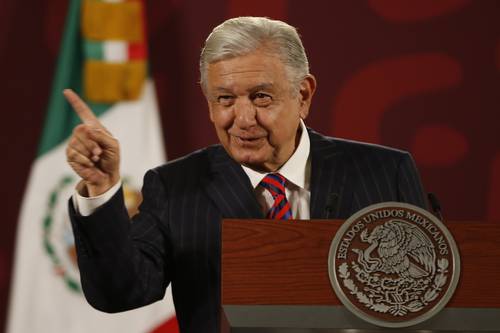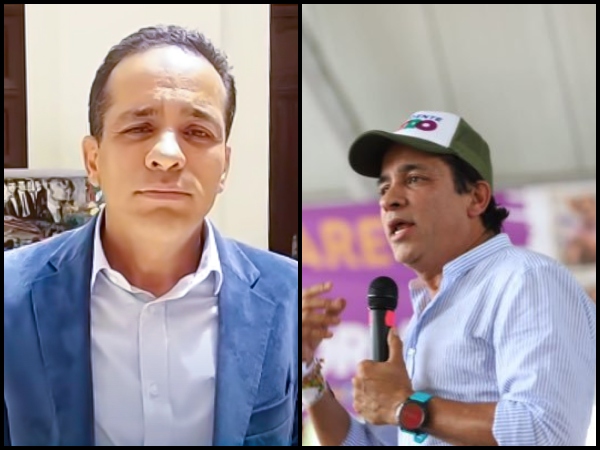Havana Cuba. – I was carrying a huge tome of orlando furious, by Ludovico Ariosto, the last time I met Delfín Prats. He went there in Holguín and I still remember his hug, and much more. I remember the shine in his eyes looking at the thick tome, the tomazo. The book in my hands brought back the image of Reinaldo Arenas, whom he then remembered in Gibara and only covered by a trusa, sitting on a dock and reading the orlando furious of Ariosto… I was carrying a volume by Ariosto and Delfín remembered Reinaldo Arenas.
Then, and still remembering, he began to make other associations, until he turned to see himself entangled with the body of a classmate, also Cuban, in the middle of a birch forest there in Russia, in that Russia where he studied long ago. a lot of. And I remember it now, and I look at it withered and determined to make that past resonate, a past that undoubtedly had better resonances than those of those moments in which we talked about Reinaldo, and Gibara, and a birch forest in Russia.
If Proust’s character a madeleine provoked infinite memories, Delfín was awakening them, at least that day, by a book by Ludovico Ariosto. And I suppose that now I remember much more, much more. I guess after finding out that He was finally awarded the National Literature Award, the one that without a doubt he deserved for a long time, his memory will be unleashed without any brake. And what is Delfín Prats remembering right now? Will he be remembering? Will he get drunk to celebrate, not to remember? Could it be that he prefers to leave behind that disgraceful past that he lived until yesterday? Will he want to forget?
And perhaps now, after the awarding of that prize, your friends or faithful readers will remember some of the very sad scenes of Santa and Andrew, that film by Carlos Lechuga that moved even the most prudent spirits, even some of the most servile. I confess that I would sit down to watch that film right now, if I had it in my files, especially to remind a little bit of the hell that Delfín, Reinaldo Arenas’s friend, lived through. I would see again Santa and Andrew so that the enthusiasm that the award brought me does not lead me to forget the anguish that the communists caused Delfín.
And now I wonder if they will end, with this award, the hatred that they have been devoting to Delfín for a long time, or if everything is nothing more than a show. I wonder if with the award they intend to make us forget that decision to turn every page of language of dumbso that later, and from that same pulp, paper would come out again to publish another author, one of those writers complacent with the government, or perhaps Fidel Castro himself, the Fidel who was the owner, and perhaps still is, of that pulp that ended up being Language of dumb And I would love to know the titles of some of those books that went to print after Delfín’s censorship.
What books were raised on that pulp in which it became language of dumb? Who sat on his painful pages? And apparently they try to make us forget many things, especially now that Delfín is a National Literature Award winner; now that they will give him a little money, and also monthly payments that will help him, at least a little, to appease his hunger and the pain of his soul. And perhaps with so much enthusiasm, in the midst of his many anguish, he himself would not be able to notice that hoax; Or maybe he notices her but doesn’t report her. Perhaps the enthusiasm with the recognition and the money that will arrive every month in his pocket will content him in something, and silence him. So are some responses to misery.
Now the government and the communist authorities will believe that they were free of dust and straw, which is undoubtedly what interests them most. The government and the authorities of culture will keep quiet a little to those who were claiming the prize for Delfín, that for that such a government used the few skills that attend their heads today. We would only have to look at the award jury to understand everything. A jury made up of an Abel Prieto who owes Holguín the appointment of the flight of the cat ―title of a novel by the former minister and now president of Casa de las Américas―, to a cultural center in that province.
And in addition to Abel Prieto, the jury was made up of Cira Romero, a scholar with very few insights and who is nicknamed “Cita Romero” for the use and abuse she makes of quotes in the “texts” she writes. That jury was also integrated by Enrique Pérez Díaz, cultor of children’s literature; and Julio Naughty, who is surely thanking that the next book fair is dedicated to him, as well as this Rigoberto Rodríguez Entenza, whose name is hard for me to remember.
And it would be very strange that among so many meek spirits some dissent had appeared, especially after the highest cultural power made it clear who should be the winner of the year, and much more since some intellectuals from Holguín and other parts of the country denounced the precarious conditions in which the poet Delfín Prats lives. The award had, without a doubt, the function of a “mask” and it was decided in advance, that for this there is a Ministry of Culture in Cuba, a ministry that has the function of governing its subjects and deciding on awards and decorations, and even to appoint juries that are favorable to the interests of power.
The function of the Ministry of Culture is to serve the government by pretending that it serves real and free culture, when in fact it supports, propitiates, a culture that is not based on the spontaneity of thought, much less on the freedoms of creation. The function of that ministry, they have already made it clear many times, is acquiescence, even when the eyes exist to see and the ears to hear.
The Ministry of Culture, that is, the government, decided that Delfín Prats should be the new national prize, in order to silence the “restless”, to avoid the dangerous discrepancies between power and artists. Delfín Prats deserves the award, but he undoubtedly won it thanks to the fear that attends the cultural power, and the one above. After all, he told us Plato said that the eyes were to see, and the ears to hear, and sometimes it is good to listen and hear to avoid problems. Power sometimes understands and decides to appease, and even rewards so as not to lose everything, and above all so that it has time to prepare a better blow against some other dolphin who aspires to the National Literature Award.
The opinions expressed in this article are the sole responsibility of the person who issues them and do not necessarily represent the opinion of CubaNet.
Receive information from CubaNet on your cell phone through WhatsApp. Send us a message with the word “CUBA” on the phone +525545038831, You can also subscribe to our electronic newsletter by giving click here.















